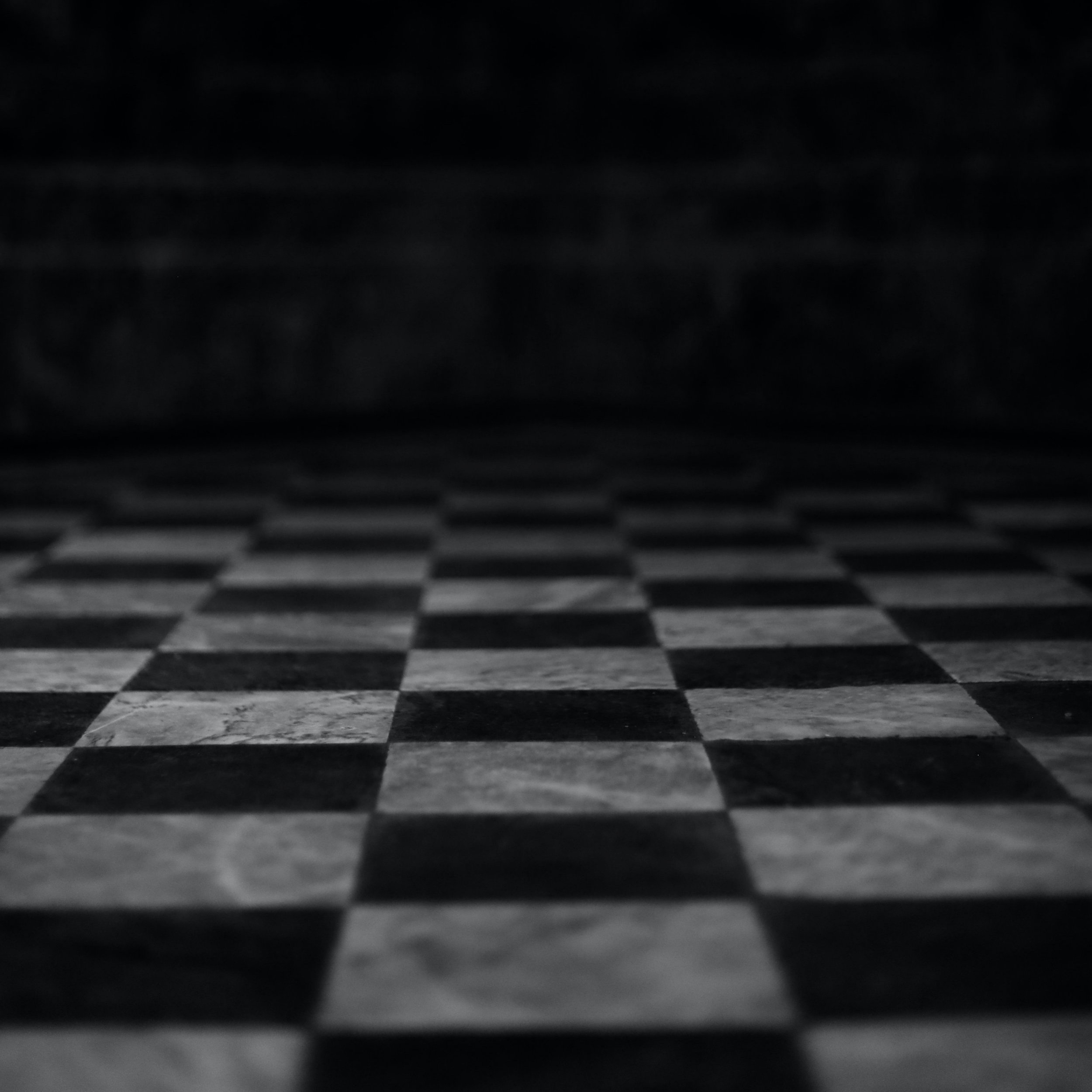When I was a child, I used to make up a lot of stories about my life. Astonished, people would report them to my parents, who urged me to tell only true stories and to stick to facts. While growing up, I was first shocked to understand how scientifically established truth is by essence relative to questions asked at a certain time, in a certain space, in specific constellations of convictions, beliefs and power. By the time I understood that even ethical big norms like the universal human rights were part of a much bigger system of power, I was long time an adult.
One of the oldest questions of mankind is "What can I know"? We build knowledge through experience and understanding. Understanding though, is a never ending process of interpretation, a game of doubt and trust: Is this the whole story? What is hiding? Why? Is it maybe totally different? In order to be able to act, to take the many decisions shaping our lives past, present and future, we need to query and trust over and over again the stories of reality. We have a very vital need for truth. This may sound trivial.
Yet, this question went a long way down through centuries of philosophy and is now living a highly controversial peak-time with the actual debates about post factual times. But hands on heart: there is nothing new about disputes on what is fact and what is fake, nothing new about conspiracy theories, biased scientific research, political demagogy. What is new is the distressing impact they have on the global world.
The filters helping to decide which news or story should be trustworthy seem to have vanished. Their period of validity dramatically shrinks while they are reduced to being mere consumer products. In this workshop I propose to work out together playful ways of rebuilding and strengthen trust in our capacities to understand reality, explore truth and take action. We will find out more about which kind of stories we want to stand for and how much of the explanatory gap left open by narrative discourse helps engage people. The process will be collective, co-creative and framed by a creativity challenge.







